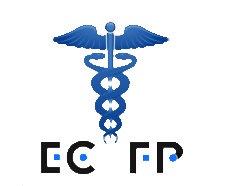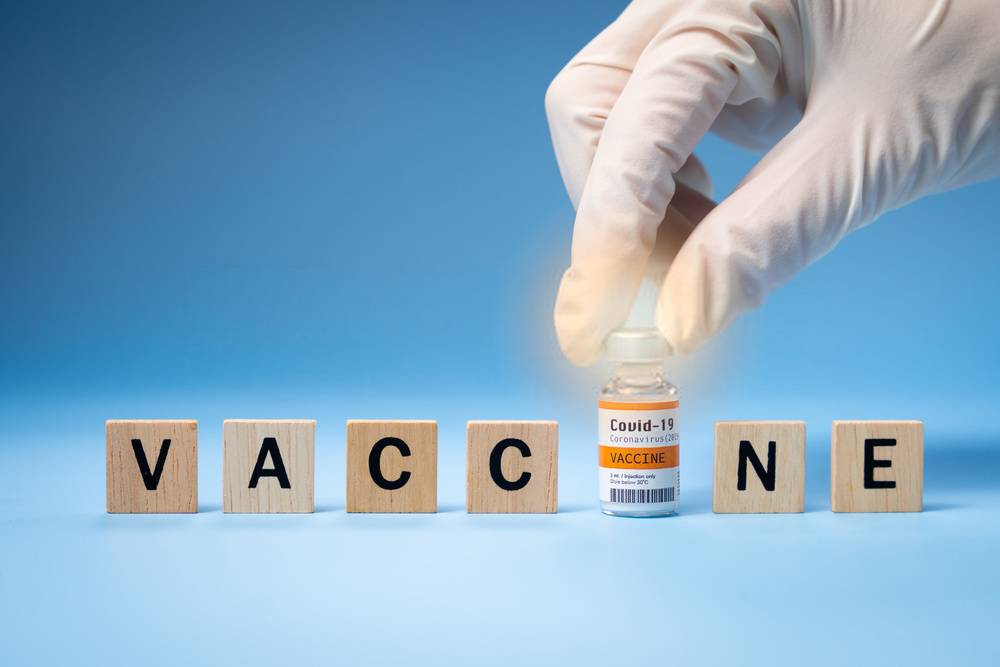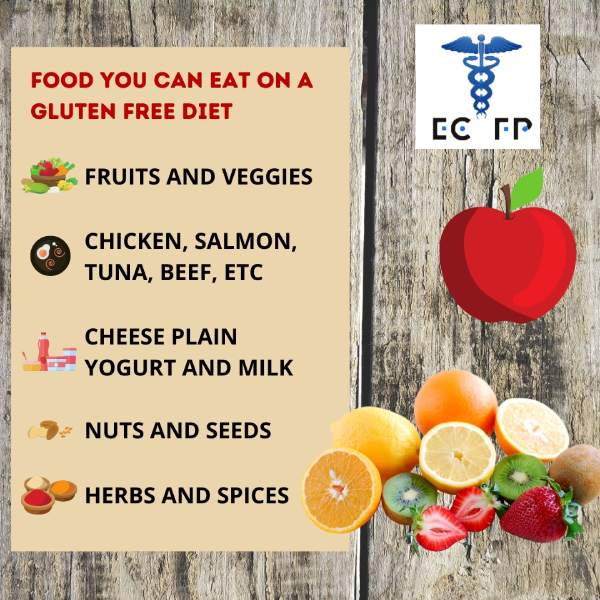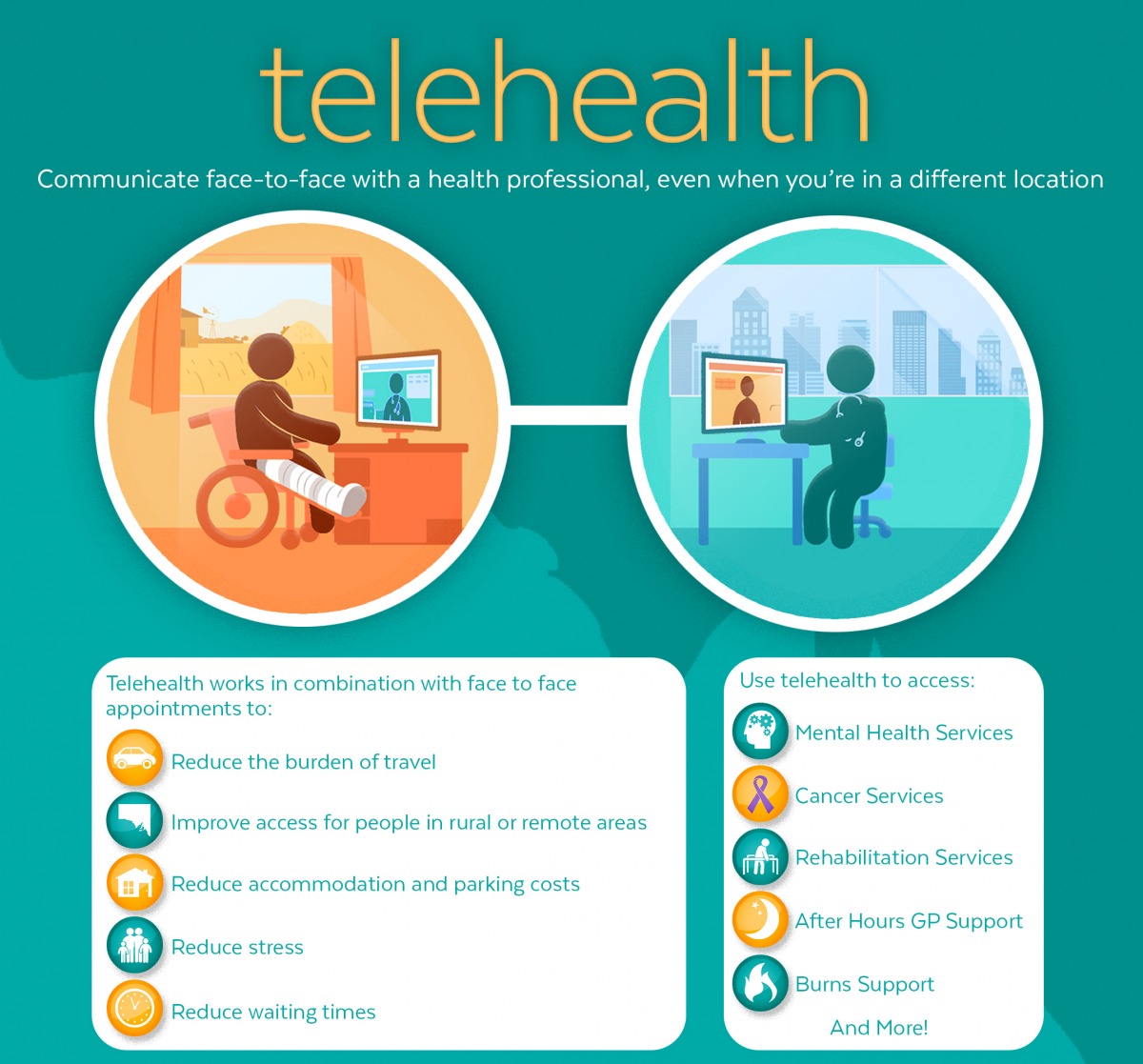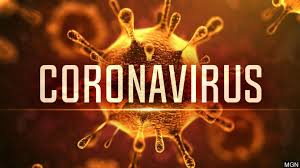As the COVID-19 vaccine continues to be approved for all age groups, there is a growing hesitancy to get vaccinated. At ECFP we care about our patients and would like to keep them safe through educating and providing the care they need. We are strong believers in the COVID-19 vaccine and here are a few reasons why:
- The vaccine can prevent you from getting sick since it works with your immune system to fight off any potential viruses. With all vaccines, the body is left with memory B and T cells to fight off the disease if they encounter it again. The Pfizer and Moderna COVID-19 vaccines are mRNA vaccines which mean that they contain information to create replica spike proteins from COVID-19 which our body learns to fight against. The memory cells remember this and can fight against the spike proteins if they are encountered again.
- If not for yourself, do it for others. Getting vaccinated can help others in your community feel safer since they will be less likely to catch the disease. According to the CDC, “early data show the vaccines do help keep people with no symptoms from spreading COVID-19.”
- Vaccinations can help us return to a sense of normalcy with increased immunity to the nasty virus. Everyone is growing tired of staying at home and we can help end quarantine by getting vaccinated! If you’re ready to get back to normal, get vaccinated now!
Visit eastcaryfamilyphysicians.com or call (919) – 200 – 6587 to learn more!
https://www.cdc.gov/coronavirus/2019-ncov/vaccines/different-vaccines/mrna.html
https://www.cdc.gov/coronavirus/2019-ncov/vaccines/different-vaccines/how-they-work.html
https://www.cdc.gov/coronavirus/2019-ncov/vaccines/keythingstoknow.html
